Transylvania is a historical region in Romania, located on the same plateau, in the north-west of the country. From the east and south of the Carpathian Mountains of Transylvania fringe, and numerous tributaries of the Danube in the region create a picturesque landscape. It seems that time has stopped here: the flowering fields replace virgin forests, clear lakes were referred to as “sea eyes”, as the most reliable transport remains a cart drawn by horses. However, this ancient region in the south of Eastern Europe is very grim reputation and is associated with ancient castles, teeming evil spirit in the first place, the vampires. It is this image of Transylvania has created the Irish writer Bram Stoker, reworked in his own way stories about the cruel ruler of Wallachia, Vlad III the Impaler, known as Count Dracula.
More info: wordyboard.com
This has greatly contributed to the transformation of Transylvania in Romania’s main tourist center. In addition to a mysterious adventure, travelers are expected to medieval towns, Gothic churches, mountains, waterfalls and ski resorts. Transylvania is translated from Latin as “Zalesie” that reflects the characteristics of the territory – forest thicket, mountain views, lots of springs and rivers. The average height of the area covers around 300-500 meters. Historically Transylvania County center is 9 (districts), but today she was treated and areas to the north and west, seized by Romania in 1919.
Transylvania especially the north and east parts have been long distinguished by diversity of the national composition of the population. After the Second World War, the area has become more homogeneous: there is now absolutely dominated the Romanians (75% of the population) are still numerous Hungarians – 1,415,718 people, accounting for 19.6% of the population of Transylvania. This is less than in the beginning of XX century when they accounted for 32%. Other communities: the Germans, Rusyns, Jews, Serbs – earlier rather numerous, now prone to emigration or assimilation into the Romanian environment. Saved quite numerous communities of Roma, whose numbers usually underestimate the Romanian statistics.
In the north of the area allocated Northern Transylvania, the region became famous as the prevalence of the Hungarian population. Because of this, Northern Transylvania, to a greater degree than the southern – more ethnically homogeneous, has accumulated a huge potential for conflict, particularly clearly expressed in the beginning of XX century, in the period between the two world wars (1918-1945). Besides its history transylvania is famous with its numerous breathtaking landscapes and castle of Dracula. You can scroll down and enjoy the photos.
229views
Share on Facebook
 Dark Mode
Dark Mode 

 No fees, cancel anytime
No fees, cancel anytime 






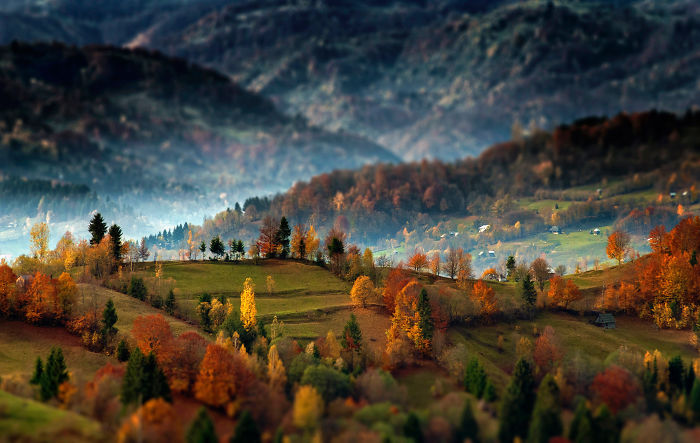
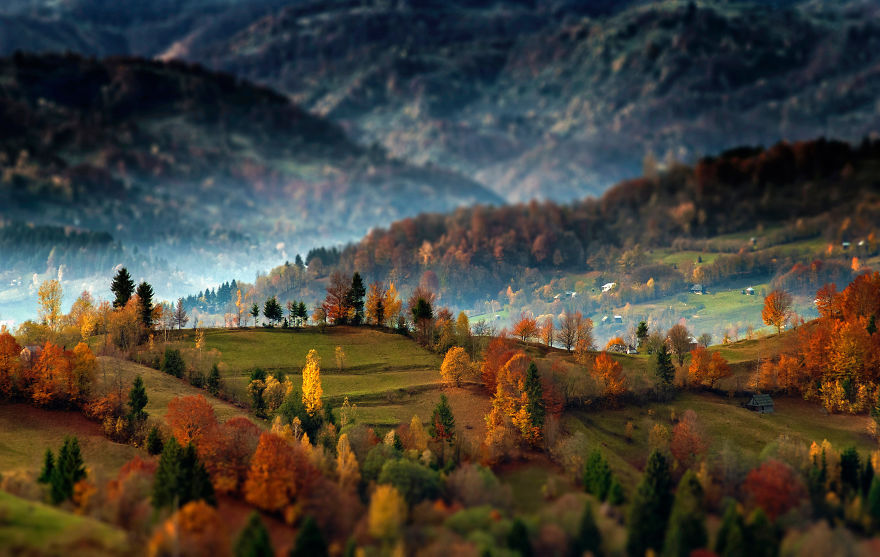
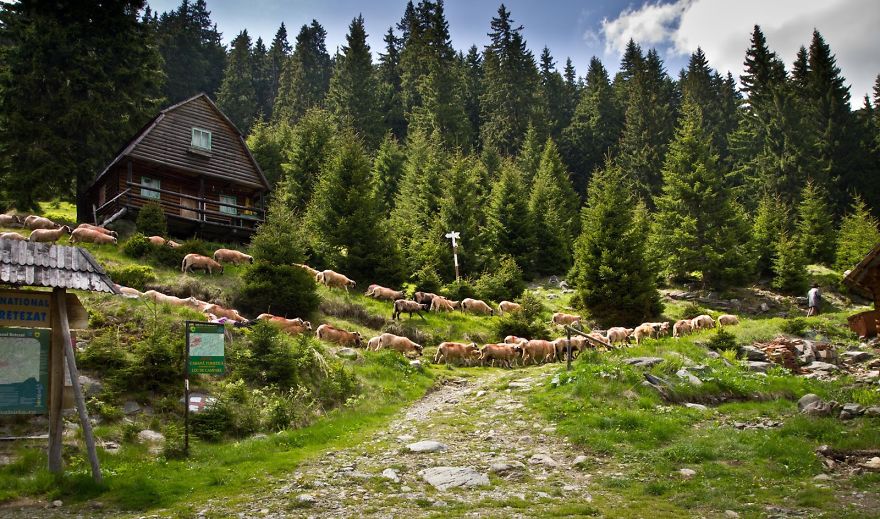
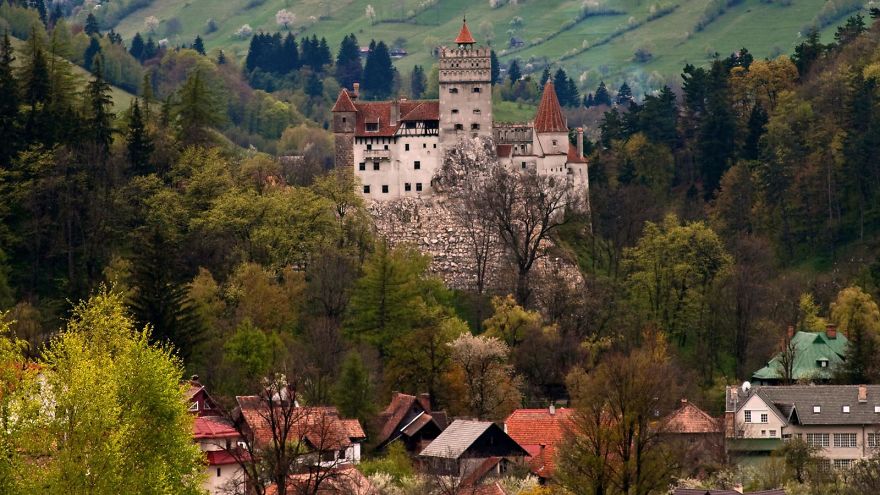
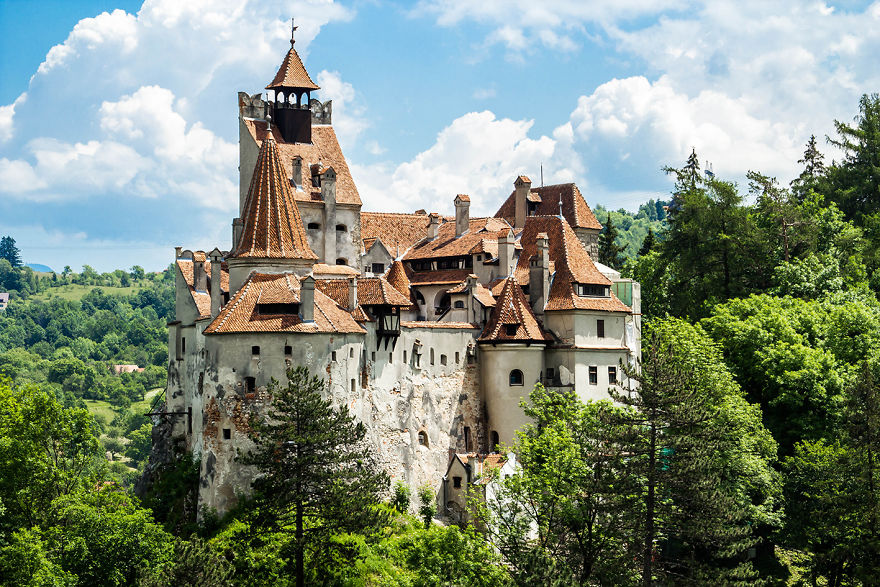
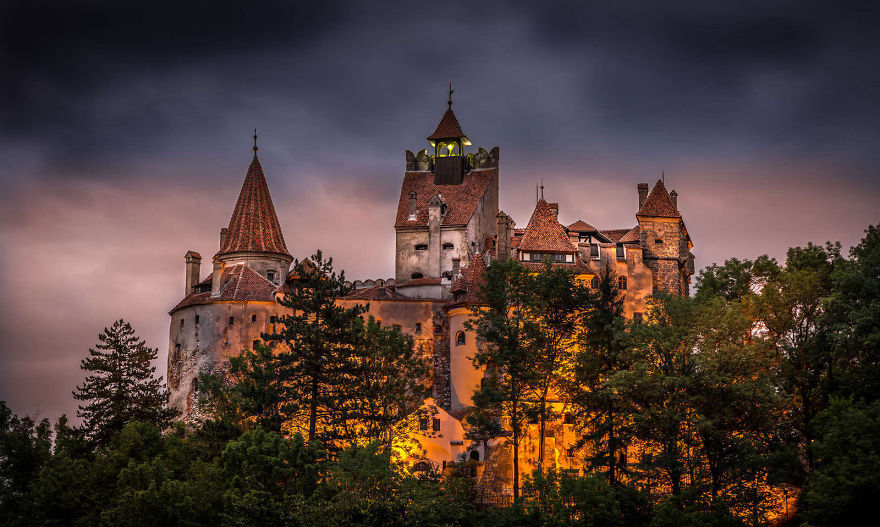











































12
0